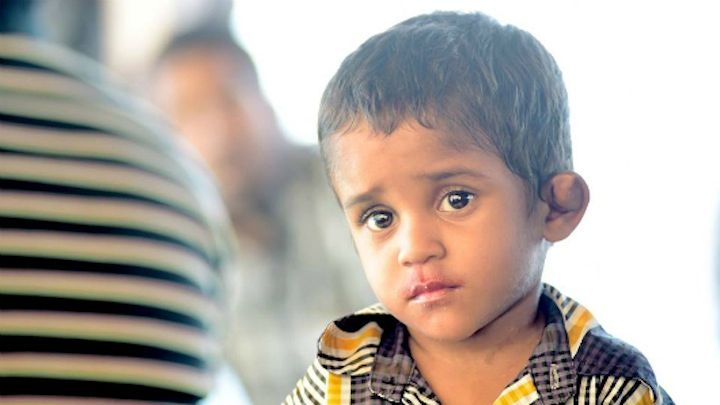After Ibthihaal
Ibthihaal Mohamed was physically and psychologically harmed by different individuals on different occasions, for a long period of time, a high-ranking police officer said.

30 Mar 2018, 09:00
It was an image that broke a thousand hearts. A chance encounter with a photographer in the tiny island of Rakeedhoo, Vaavu Atoll, would ensure that three-year-old Mohamed Ibthihaal’s photo, with his piercing sad eyes, would give a face to the tragedy that was about to unfold.
A few weeks after that photo was taken, in January 2015, Ibthihaal was found dead with signs of severe physical abuse, his tiny body riddled with scars old and new. Ibthihaal’s mother Fathimath Afiya was arrested, and confessed to strangling her son in a fit of rage.
The horrific murder shocked the nation, as did reports that local authorities, police and even the Ministry of Gender and Family had been aware of Ibthihaal’s ongoing abuse and yet failed to protect him.
The Maldives Independent contacted the Ministry of Gender and the Family Protection Authority numerous times for this article, but they failed to respond.
Become a member
Get full access to our archive and personalise your experience.
Already a member?
Discussion
No comments yet. Be the first to share your thoughts!
No comments yet. Be the first to join the conversation!
Join the Conversation
Sign in to share your thoughts under an alias and take part in the discussion. Independent journalism thrives on open, respectful debate — your voice matters.




